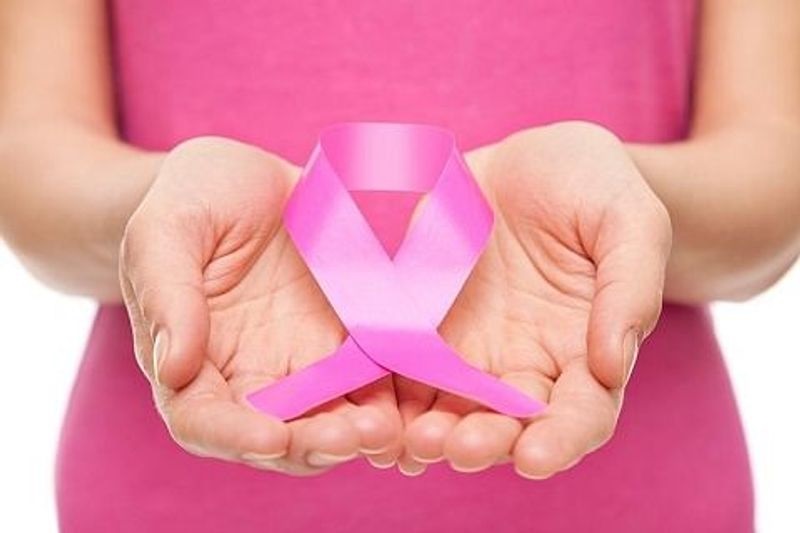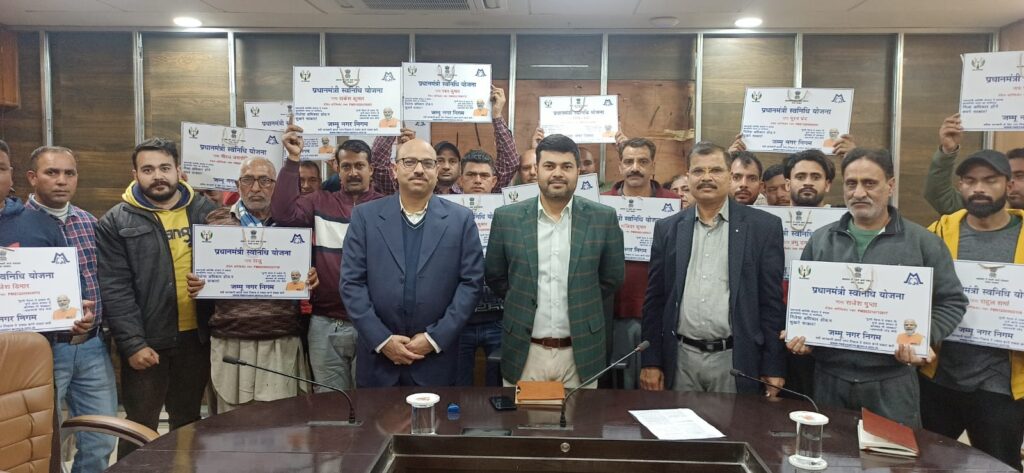SRINAGAR, OCT 24: Breast cancer cases in Jammu and Kashmir are increasing, with 727 cases registered at GMC Jammu over the past five years.
According to data from the Hospital-Based Cancer Registry (HBCR), these cases include 177 in 2019, 142 in 2020, 136 in 2021, 130 in 2022 and 142 in 2023.
Among the registered cases, only two were in individuals under 20 years old, while 117 were aged 20-40, 416 were aged 40-60, and the remainder were older. In terms of stages, 22 cases were stage 1, 344 stage 2, 167 stage 3, and 174 stage 4.
Oncologists have called for clinical breast examinations for women over 30, recommending at least one exam every five years. Breast cancer involves abnormal growth in the cells of breast lobules or ducts, which can spread to other body parts. While rare in men, both men and women, as well as trans women and non-binary individuals, can develop the disease.
Symptoms to watch for include new lumps or thickening in one breast, nipple sores, changes in nipple shape, nipple discharge, breast size changes, dimpling skin, swelling in the armpit and persistent pain unrelated to the menstrual cycle, they said.
Risk factors include age, family history, inherited mutations in genes such as BRCA1 and BRCA2 (more common among those of Ashkenazi Jewish descent), exposure to female hormones, early menstruation, previous breast cancer diagnoses, and a history of certain non-cancerous breast conditions.
Dr Mohammad Ashraf, an oncologist, said that early diagnosis is critical for improving treatment success rates. “When cancer care is delayed or inaccessible, survival chances decrease, leading to greater treatment complications and higher costs,” he said.
Early-stage cancers are more likely to be successfully treated if detected before they grow large or spread, Dr Ashraf added.









